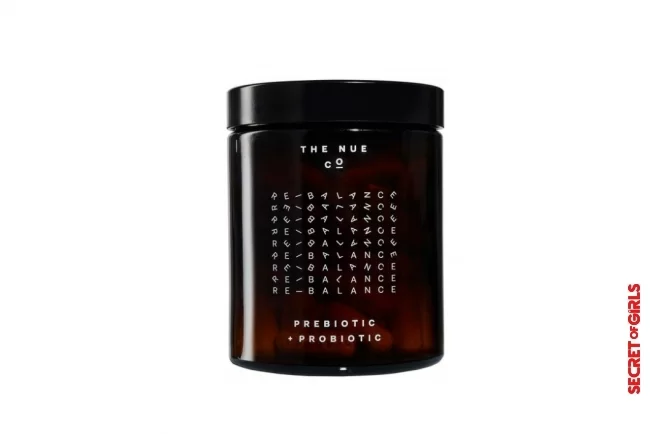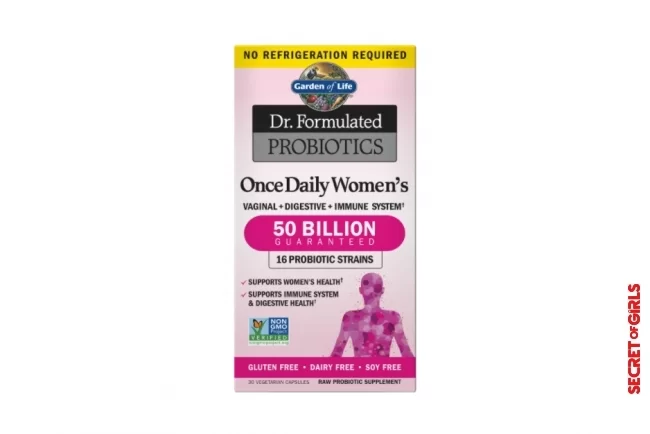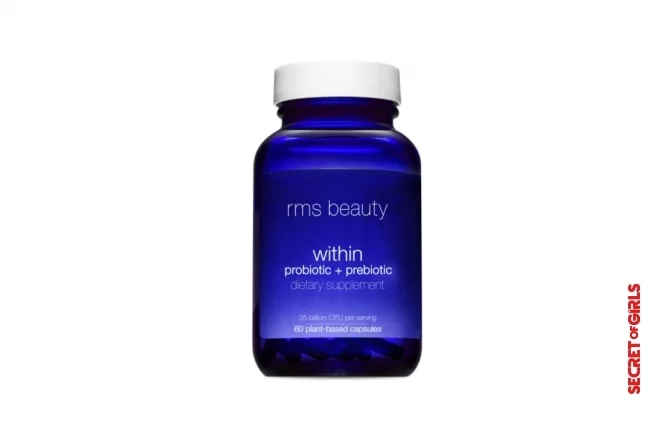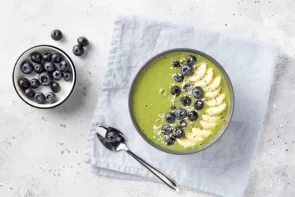Gut Health: The Ultimate Guide To Probiotics From Supplements To Kombucha For A Healthy Gut
The use of probiotics has increased significantly in recent years: A guide to incorporating beneficial gut bacteria into your life and diet.
Gut Health - Everything You Need To Know About Probiotics
"All diseases start in the intestine," said Hippocrates, the founding father of modern medicine. And thousands of years later, when probiotics take off - as gastrointestinal problems increase and contribute to a host of other debilitating diseases - the world is finally listening.
Over the past decade, the use of probiotics to combat the imbalance in the gut microbiome, which contains 100 trillion bacteria and affects everything from weight gain to mental well-being, has grown dramatically. "Probiotics are good bacteria that promote a healthy digestive system," explains functional medicine expert Frank Lipman. "They help fight harmful bacteria, aid in nutrient absorption and digestion, promote strong intestinal lining, reduce infection and inflammation by boosting the body's immune system, and improve mood."
But it's important to understand that while probiotics have always had a lot to offer the gut, their use has become even more important due to the drastic changes in diet and lifestyle over the past 100 years, especially in the West. "Many aspects of modern lifestyles, from the discovery of antibiotics to the use of pesticides and genetically modified organisms (GMOs) in our food to the high-stress environments we live in, affect the microbiome and create new ones Stress placed on our intestinal barrier, "explains Vincent Pedre - medical director of Pedre Integrative Health in New York and author of" Happy Gut "- how a healthy intestine should function.
Probiotics can be particularly beneficial for women, as they are affected by hormone fluctuations and more often than men report rising stress levels and accompanying physical and emotional symptoms. "In my female patients, some of the benefits I have seen include clearer skin, improved bowel movements, less gas, and less yeast build-up, which are the cause of vaginal yeast infections," explains Pedre.
Suffice it to say, any woman could consider taking a probiotic. But just as important as the recording is knowing how to navigate the endless options on the market. From supplements to kefir and jar ferments - and how the rest of your lifestyle helps improve a probiotic's benefits. From deciphering the various probiotic stock cultures to taking a 360-degree approach to intestinal health - experts provide information on how to supply beneficial bacteria in the right way.
Gut Health: Familiarize yourself with the probiotic manufacturers and their benefits
While admittedly dizzying to look at all of the different, virtually endless types of probiotic bacteria, it helps to know the most popular ones you can find at your local health food store and which ones suit you best will help. According to Pedre, lactobacilli are the most popular representatives that support digestion and immune function and reduce anxiety. Bifidobacteria help digest fiber, support metabolic processes such as regulating blood sugar and improve brain function. Saccharomyces (sugar yeast), which has an antibacterial effect, helping to prevent disease and support skin health (in a different, but equally robust, way than topical probiotic skincare). Most dietary supplements contain a cocktail of these different probiotic cultures to provide double the amount of healthy bacteria that support the overall health and variety of microflora of a healthy gut.
"Daily Synbiotic" by Seed
"Probiotic" by Momotaro
The correct dosage is essential for intestinal health
The most important thing for the average consumer to consider is the billions of Colony Forming Units (CFUs) in a supplement. Pedre's rule of thumb is, "The sicker the patient, the higher the strength," he says, adding that when someone is better, the strength of the probiotic can be lowered. A good starting point? The 20 to 30 billion range that is written on the back of the bottle if you think you are healthy. If you have minor bowel problems, Pedre recommends 50 billion, and 100 billion if you've been on antibiotics. The 225 billion and up range is suitable for those suffering from chronic gastrointestinal problems or yeast infections and should be taken under the supervision of a health care professional, he says. Once you've decided on a dosage, give it a try for a couple of months. Notice how you feel and listen to your body: "If you feel bloated, reduce the dose," says Lipman, adding that people who develop gastrointestinal disorders such as small intestinal overgrowth (SIBO ) may not benefit from a probiotic initially. He also recommends changing your probiotic every three to six months to ensure you're building new, beneficial intestinal flora.
"Prebiotic + Probiotic" by The Nue Co
Choose between storable and chilled food supplements
When deciding between storable and chilled probiotic food supplements, it is ultimately a question of lifestyle. "The refrigeration reduces the deterioration of the product over time and helps it maintain its effectiveness for longer," explains Pedre. "If you're not as consistent with taking probiotics, then it's probably better to have one that's chilled." But if you know daily intake isn't a problem, blistered long-life supplements that are used within the expiration date are fine. Finally, when it comes to choosing a product, Pedre recommends doing research on how reliable a brand is and where its ingredients come from (an organic source is ideal). You should also research whether there are consumer reports that question the safety of the products.
Garden of Life's Daily Women's Probiotic
Analyze your lifestyle - and your diet
As rewarding as taking a probiotic, it's only part of the puzzle. "If you consume a lot of unhealthy food, drink alcohol every night, and don't get enough sleep, taking a probiotic won't protect you from the damage your lifestyle is causing," says Pedre, emphasizing that eating a healthy diet, daily exercise and eight hours Sleep are essential to the overall picture of bowel health. To reshape your diet and add to the diversity of microflora, consuming foods high in probiotics are a good place to start. Lipman's favorites are kimchi, sauerkraut, fermented miso, and vegetables, and full-fat coconut yogurt.
"Beauty Within Probiotic + Prebiotic Dietary Supplement" by RMS Beauty
Drink your probiotics - but only if you have reason
And then there are the predominant probiotic drink categories: kefir and kombucha. Pedre enthusiastically advocates the former and points out that homemade kefir can contain high levels of probiotics, but is more careful with the latter, especially for women, as it contains a lot of sugar, which is a breeding ground for yeasts. "Don't drink kombucha like you're drinking a spritzer," he warns. "I usually buy a bottle of kombucha that has the lowest sugar content and drink it as shots for a few days."
Comments





















